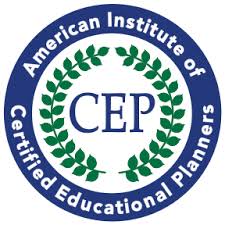Teachers’ letters of recommendations have the power to influence an admissions decision. Although students do not usually read the finished product, they can definitely influence the messaging within these letters.
First, choose teachers that have evidence of your strongest academic qualities. Perhaps you’ve breezed through English class, earning A’s easily. But has this teacher witnessed your resilience or a deeper level of curiosity? Perhaps you aspire to be a doctor and believe you should ask your biology teacher. But does this teacher know about your outside activities related to science or the health profession?
Understanding what the Common Application asks teachers to assess about their students is important when determining who would be your best advocate. For instance, teachers often structure their letters around the question, “What are the first words that come to mind to describe this student?” That’s a very open-ended question, and teachers have the freedom to choose any words they’d like! So your role is to be certain that your behaviors both inside and outside the classroom demonstrate the descriptors you want the teacher to use!
In addition to academic achievement, teachers are asked to comment on a student’s maturity, concern for others, integrity, motivation, and reaction to setbacks. Taking all this into account, it is important to choose a recommender who knows you well – even in situations outside of the classroom. Scheduling a time to have a conversation with a teacher to share your resume and interests can really help a teacher know you beyond the classroom and to provide solid examples of your personality and character in the letter of recommendation.
Consider choosing a teacher who sees you every day in the classroom as someone who is curious, kind, and eager to learn. You might consider asking a teacher who has seen you struggle a bit and who knows that you come in for extra help to improve your grades. In addition, just because you may be pursuing a STEM major in college doesn’t mean your English or French teacher can’t speak to your strengths in the humanities, which would indicate you are a well-rounded student. Think about asking teachers you’ve had who know you well as a student and as a person. Their recommendations will reveal the most about you to those who read your application.



Leave a Reply